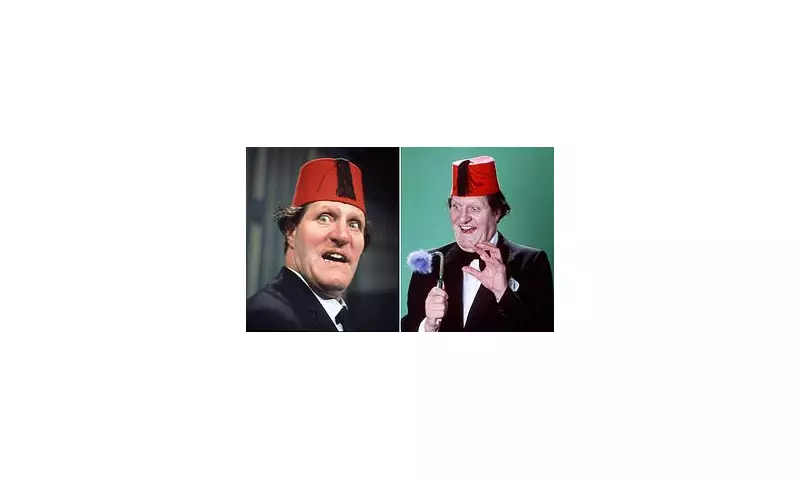
ITV has ignited a firestorm of criticism from loyal viewers after attaching a modern-day content warning to a beloved classic comedy special featuring the legendary Tommy Cooper.
The broadcaster aired a compilation of the late comedian's greatest moments, a treat for fans of his iconic fez-wearing, magic-gone-wrong style. However, the programme was preceded by an on-screen disclaimer cautioning audiences that the content was "of its time" and featured "language and attitudes" that may not align with contemporary values.
A Clash of Eras: Classic Comedy Meets Modern Sensibilities
The move has been widely condemned as an unnecessary and patronising example of "woke" culture infiltrating classic entertainment. Critics argue that applying modern sensitivities to historical programming is an act of revisionism that fails to understand the context of the era.
Tommy Cooper, a revered figure in British entertainment history known for his family-friendly slapstick and bewildering magic tricks, is considered an unlikely target for such warnings. His humour, which rarely ventured into controversial territory, has been enjoyed by generations without complaint.
Viewer Backlash: 'Let Comedy Be Comedy'
The reaction on social media was swift and unforgiving. Many long-time fans expressed their dismay, accusing ITV of undermining the legacy of a national treasure and insulting the intelligence of the audience.
"The idea that Tommy Cooper needs a trigger warning is utterly absurd," one viewer commented online. "He was one of the most harmless, beloved comedians of his generation. This is political correctness gone mad."
Another added, "It's a sad day when we can't even enjoy classic comedy without a broadcaster implying there's something wrong with it. Let comedy be comedy."
The Broader Debate: Preservation vs. Censorship
This incident places ITV squarely in the centre of an ongoing national debate about how old television programmes and films should be presented to modern audiences. While some argue for contextual warnings to acknowledge societal progress, many see it as a form of censorship and a denial of our cultural history.
The controversy raises significant questions about the preservation of artistic integrity and whether broadcasters are overstepping by applying today's moral standards to the entertainment of the past.
For now, the warning has ensured that Tommy Cooper's name is trending not just for his timeless jokes, but for sparking a fierce debate about the very nature of comedy and legacy in a rapidly changing cultural landscape.





